This eBook explores the development of demographic thought during the early modern period in the British Atlantic World. It argues that demographic thought first emerged as a means of controlling the qualities of people rather than simply measuring quantities.
The ebook traces two significant transformations that took place during this period. The first transformation occurred in sixteenth- and seventeenth-century England, Ireland, and colonial North America, influenced by humanist policy, reason of state, and natural philosophy. It led to the emergence of population as a subject of governance and eventually resulted in the creation of political arithmetic.
The second transformation occurred during the long eighteenth century and centered around the debate over demographic agency. Various institutions such as the church, civil society, and private projects sought to mobilize and manipulate marginalized and racialized groups. Additionally, American colonists presented their own visions of imperial demography.
This study connects the history of demographic ideas with their early modern intellectual, political, and colonial contexts. It examines how population became an object of knowledge and governance in the British Atlantic World.
ISBN: 978-1009123266
Please note: This sale includes only the eBook version of Human Empire: Mobility and Demographic Thought in the British Atlantic World, 1500–1800 (Ideas in Context) in a PDF format. Access codes are not included.
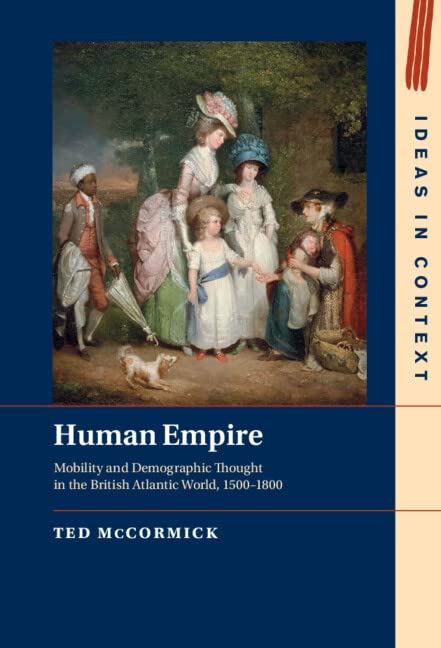
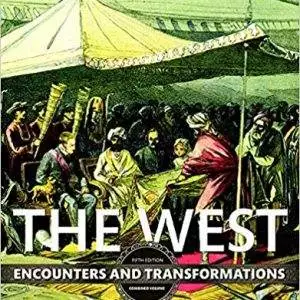
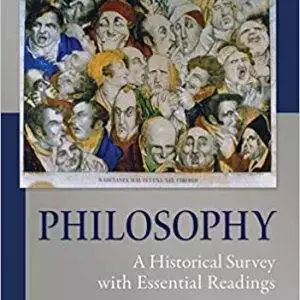
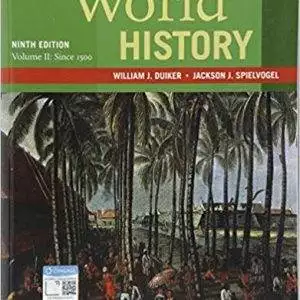
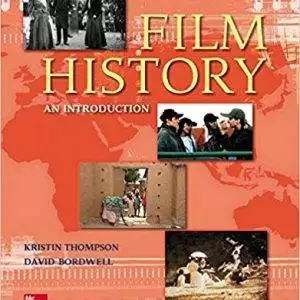
Reviews
There are no reviews yet.